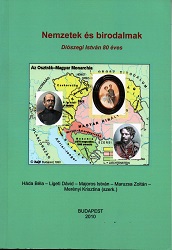
We kindly inform you that, as long as the subject affiliation of our 300.000+ articles is in progress, you might get unsufficient or no results on your third level or second level search. In this case, please broaden your search criteria.

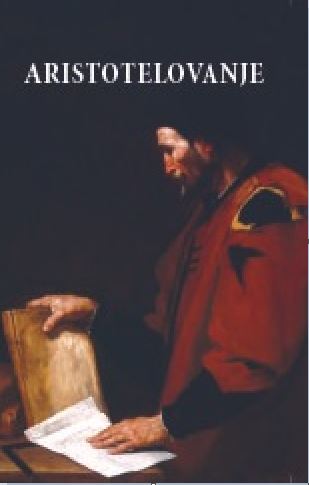
When he concludes that the universality of legal norms sometimes excludes certain non-recurring acts, Aristotle often does not perceive motives and, as a rule, ignores the whole social behaviour of the individual. Furthermore, in his ethical-political-legal elaborations (with its foundation/ assumption that all research and all activities tends to realization of something positive and desirable) Aristotle comes up with the concept of justice as corrections of formal laws and norms enshrined. This “curtailment” (Hegel) of positive provisions (Aristotle’s original invention) is essentially the statement that the standards (as well as the state itself) are based on the agreement (therefore necessity to obtain the moral consent of individuals). Aristotle argues that depravation of the human nature (not the alienation of laws) should always be immanent basic demand of man - to be happy. For this reason, the term epieikeia ( Ἐπιείκεια) should be hermeneutical backbone of modern axiological interpretation of the law, bearing in mind that such views suggest imply legal standard correlated with moral which is (nowadays) not the case.
More...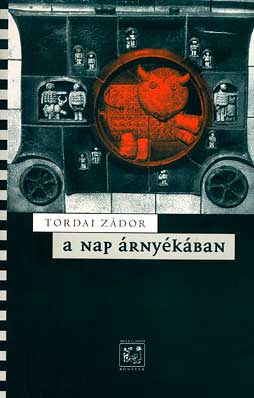
Amíg értelemmel fel lehet fogni Az emberi jogok köznapi értelme A szegény kis nemzetek panaszai A nemzetállam nem virág Az ideológiák zűrzavara A létező nemzetiszocializmus A gazdasági racionalizmus hiánya Kultúra és erőszak Az európai kultúra színeváltozása A felelősség dilemmái A jóléti Európa krízise A brutalitás nem politika Az idegenek Rendszerváltás és demokrácia A szerb tragédia Elit és demokratizálás A falak leomlása Klerokrácia és Isten országa Európa lehetőségei A modern demokrácia metamorfózisa A demokrácia alakulása Kisebbségek az átalakulásban
More...
Emberek vagyunk vagy sampinyonok Miért nem lehet a történelmet előre látni Mese a modernizációról, avagy a modernizáció és az iszlám
More...
A megváltás csillaga az asszimilációban A misztika fogalmáról Történelem és emlékezés határán Vallomás a Nyugatról Apocalypse Now
More...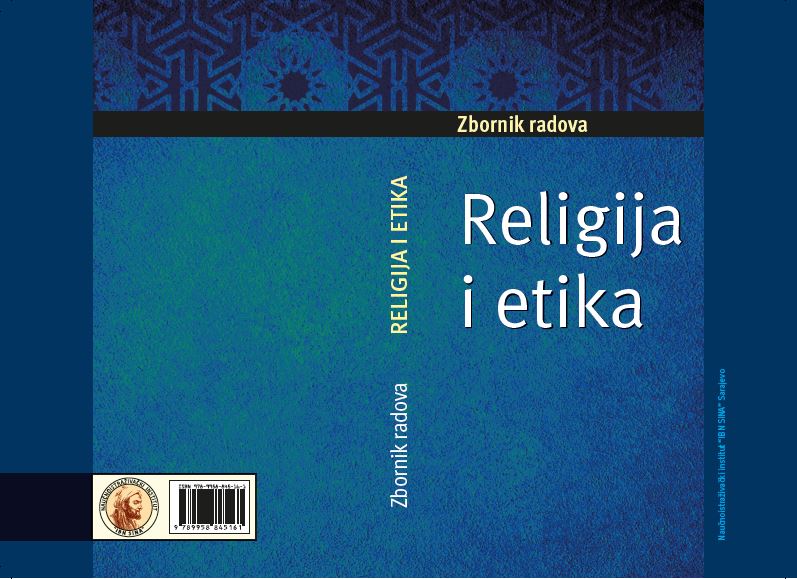
Ako tesavvuf definiramo kao ezoterijsko iskustvo, čak i neku vrstu talenta, onda bi sufija bio onaj ko doseže ovakvu vrstu iskustva, odnosno posredstvom za takvo što od njegovanog talenta doživljava otkrovenje. U tom slučaju, bilo bi veoma teško ubrojatiI bn Sinaa u sufije. Ipak, historičari filozofije govore i o različitim aspektima Ibn Sinaova tesavvufa, baš kao što se bave i Ibn Farabijevim tesavvufskim stavovima. Carra de Vaux, npr., kaže:“Ibn Sina naposljetku je obratio pažnju i na tesavvufsko učenje imoguće je napraviti jasnu distinkciju između njegovih tesavvufski orijentiranih radova i ostatka njegove filozofije.
More...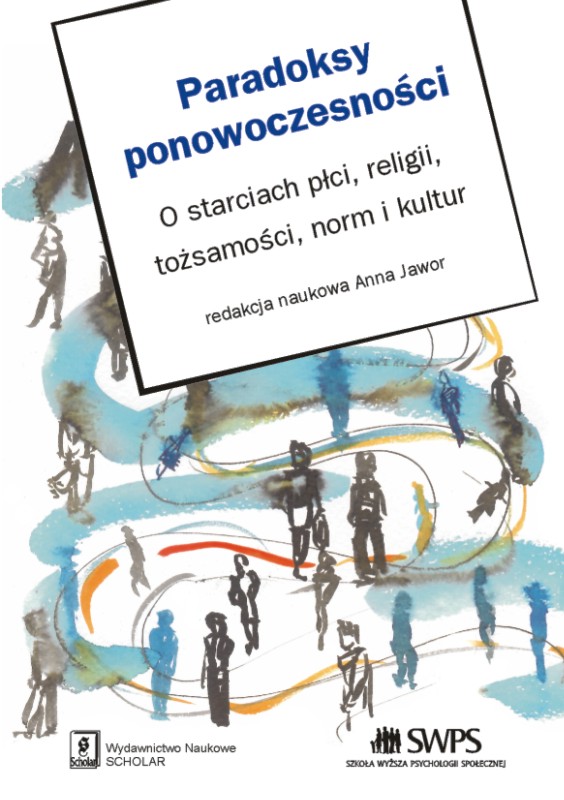
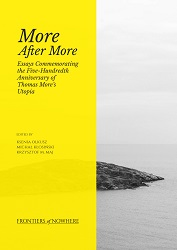





The publication of Wittgenstein: Philosophy, Postmodernism, Pedagogy (1999) by Michael A. Peters and James D. Marshall was a landmark. I had just started my doctorate (after ten years of teaching secondary school), intent on applying Wittgenstein’s later philosophy to problems in education: as they appeared on the rough ground instead of the crystalline purity of plans drawn up by the Ministry and District School Boards (PI §107). True to form, this book charts the intellectual and cultural legacies on which Wittgenstein drew: Schopenhauer and Nietzsche, and (with Nicholas Burbules in Chapter 9), currents in 20th c. Viennese society that provided background to his style and aesthetic sensibilities. It also mapped the way forward by drawing connections between Wittgenstein’s manner of “writing the self” with Foucault’s neo-Nietzschean concept of arts and techniques of self-stylization. The effect was to transform my project, exploring joint applications of the philosophies of Wittgenstein and Foucault to teacher inspection and professional development: a trajectory that led me to work with James Tully at University of Toronto, who had long been employing these thinkers in political philosophy (Tully, 1989). Ten years later I appreciated what this turn meant for my own development as a writer and activist in education. At a post-lecture dinner Michael confided that in taking up Lyotard and Foucault, the more political philosophers, he “saved himself from becoming a pithy Wittgensteinian” (Toronto 2010). Anyone fatigued by “over rehearsed” expositions of the compelling rule-following argument will know what this means: even those seeing its wider applications in education. Moving into The Government of the Self and Others, Michael and his collaborators essayed/assayed practice-based approaches to philosophical and policy questions in education: whether initiate training into normative rules (Wittgenstein); or, normalizing, disciplinary and dividing practices (Foucault). His work on Nietzsche, Heidegger, Wittgenstein, Lyotard, Rorty, Derrida and Foucault makes Michael (along with other contributors to this volume) not only our resident genealogist but, ironically, one of the founders of post-foundational philosophy of education.
More...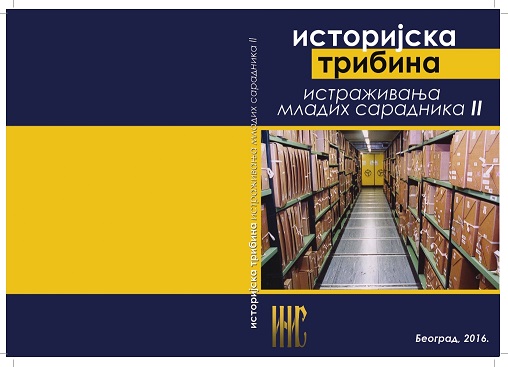
The period between 1948 and 1952 is a very important stage in the political development of Milovan Đilas. At that time Đilas launched his ideological and political criticism of USSR and Stalin. His criticism was primarily aimed at the emergence of bureaucratic socialism in the USSR and at Stalin’s imperialist policy. The two party congresses of the Yugoslav communists have marked this period. It could be divided in three parts. The first part, from the Fifth Congress of the CPY (1948) to the Third Plenary Session of the Central Committee of the CPY (December, 1949); the second part, from the Third Plenary Session to the Fourth Plenary Session (June, 1951) and the third part, from the Fourth Plenary Session to the Sixth Congress of the CPY (November, 1952).
More...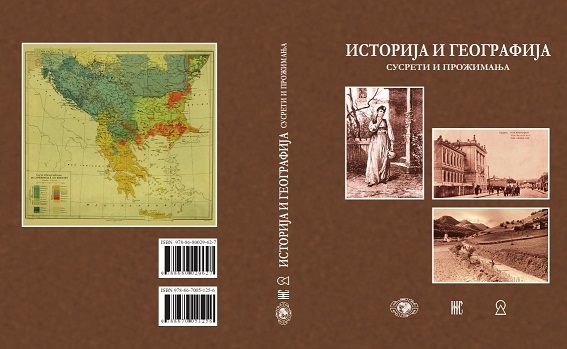
This article analyses short-term and long-term aims which US led international community wanted to achieve by recognition of Kosovo’s independence. Short-term goals could include releasing the political pressure from the Bush administration, establishing military bases in Kosovo and building a pipeline through the Balkans. In the long-run the recognition of Kosovo’s independence has a strategic goal to encourage secessionist movements in China and Russia, two the most likely challengers to a declining American hegemony. This is part of the extension strategy, whose aim is to postpone for as long as possible the decline stage of the American hegemony. In a wider context of the life cycle of civilizations, which is much longer than the hegemony cycle, it could also be part of the extension strategy to postpone the decline stage of the Western civilization.
More...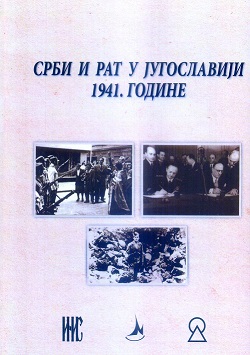
This article is an attempt at tracing the early ideological influences of Dimitrije Ljotić, founder and leader of the ZBOR party (1935–1940), and a leading ideologue of the collaborationist Government of National Salvation (1941–1944) under General Milan Nedić. This article will highlight the complexity and heterogeneity not only of Ljotić’s formative personal ideological development, but also the ideological precursors of his ideological synthesis in a wider European context.
More...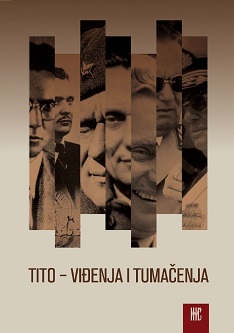
This article is an attempt to determine three different concepts of historiographical explanations of the history of Yugoslavia during the period of socialism (1945-1991), and how those concepts and different paradigms over history of socialistic Yugoslavia: paradigm of historicism, paradigm of modernization, and totalitarian paradigm - are changing scientific contextualization of contemporary history of socialistic Yugoslavia.
More...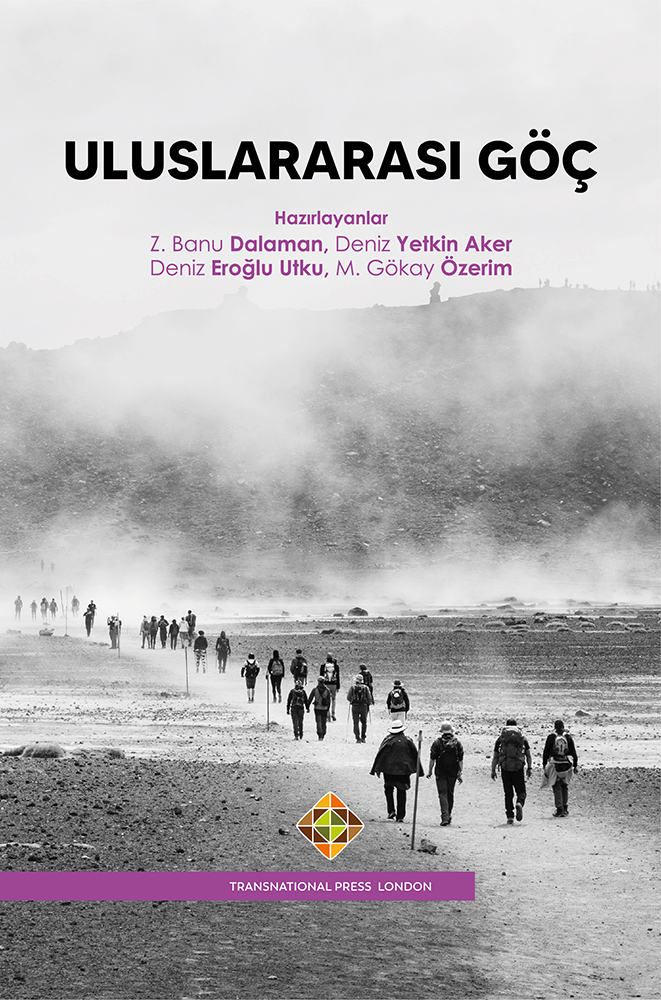
Suriye’de 2011 yılında başlayan iç savaşın belki de en sıra dışı sonucu yaşananmülteci hareketidir. Altı milyonun üzerinde insanın ülkelerini terk etmesiylesonuçlanan iç savaş, bugün itibariyle 3,6 milyonun üzerinde mültecinin Türkiyesınırları içinde yaşamını sürdürmeye çalışması ile sonuçlanmıştır (UNRA, 2019). Bukapsamda pek çok toplumsal araştırmanın konusu olan Suriyeliler özellikle Avrupave Türkiye hukuksal sisteminin yeni tartışmalarının da odak noktası haline gelmiştir.“Geri Kabul Anlaşması” (GKA) ve “Yabancılar ve Uluslararası Koruma Kanunu”(YUKK) ise bu bağlamda yapılan tartışmalarda öne çıkmaktadır.
More...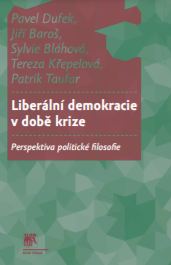
Mimořádné číslo Filosofického časopisu s titulem A Crisis of Democracy and Representation (Bíba a Znoj 2017a) je rámováno tezí, že krize liberální demokracie je v prvé řadě krizí politické reprezentace (Bíba a Znoj 2017b). Politická reprezentace přitom dlouho nepatřila do kánonu základních pojmů politické filosofie, na rozdíl od legitimity, spravedlnosti, svobody nebo demokracie samotné, a zvýšená pozornost jí věnovaná je i v mezinárodním prostředí záležitostí posledních přibližně dvaceti let. Někdy se hovoří o „reprezentativním obratu“ v demokratické teorii (Näsström 2011; Mottlová 2017). Byť v souladu s úvodní kapitolou této knihy nechceme apriorně přistupovat na krizový diskurs, lze s autorským týmem mimořádného čísla nepřímo souhlasit v tom smyslu, že se v případě politické reprezentace jedná o pojem, v jehož významovém naplnění se odrážejí některé nejzákladnější normativní otázky ústavních demokracií, stejně jako institucionální vyjádření převládajících odpovědí. Přehodnocení základních elementů politické reprezentace s sebou proto nese více či méně zásadní proměnu demokratického politického systému jako takového – přičemž taková proměna má být žádoucí především ve chvíli, kdy se soudobé ústavní demokracie nacházejí v útlumu.
More...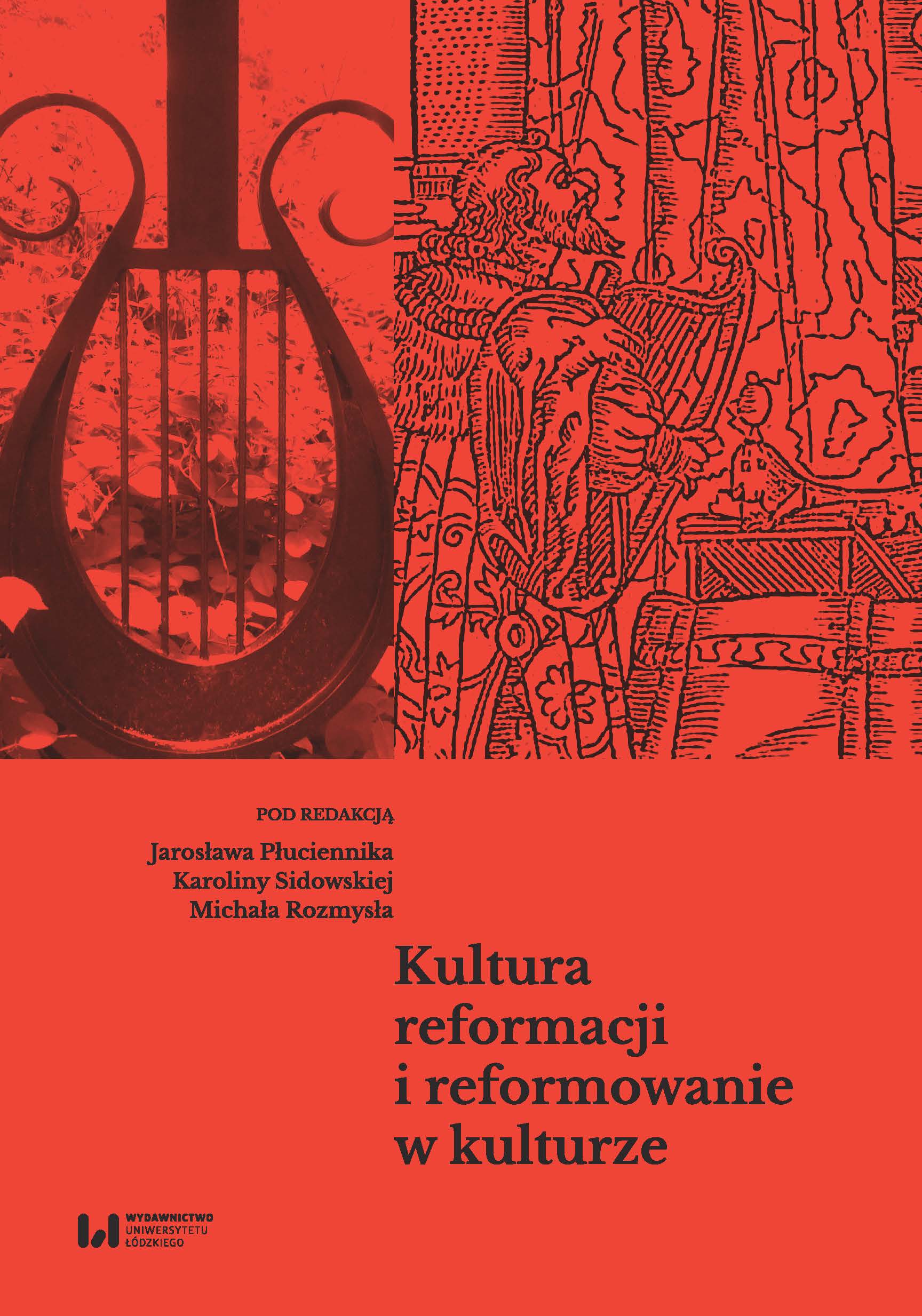
The article deals with the impact and reception of reformational ideas in Bulgarian culture in the perspective of modernization problems. The subject of the analysis is both the local understanding of the concepts “Reformation” and “Protestant propaganda” as well as the activity of (neo)protestant missions in the Bulgarian lands in the 19th and 20th centuries. The aim is to identify the links between Bulgarian modernity and Protestant thought and to problematize relations between cultural facts and the official discourse on the subject. The “Bulgarian case” illustrates the modern Orthodox-Protestant meeting and, in this sense, the problem of adaptation of “foreign” patterns in the process of the modernization of culture.
More...